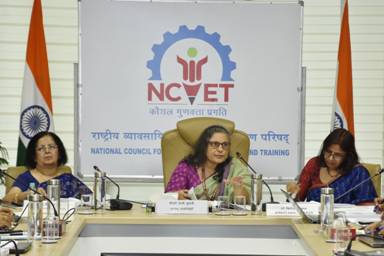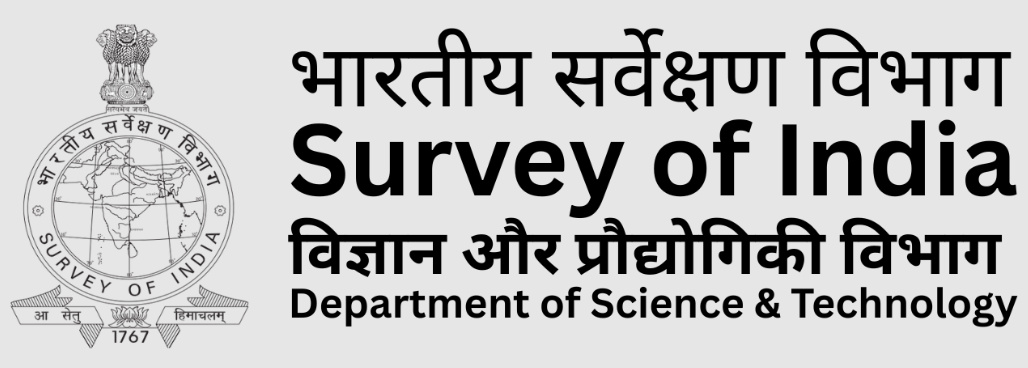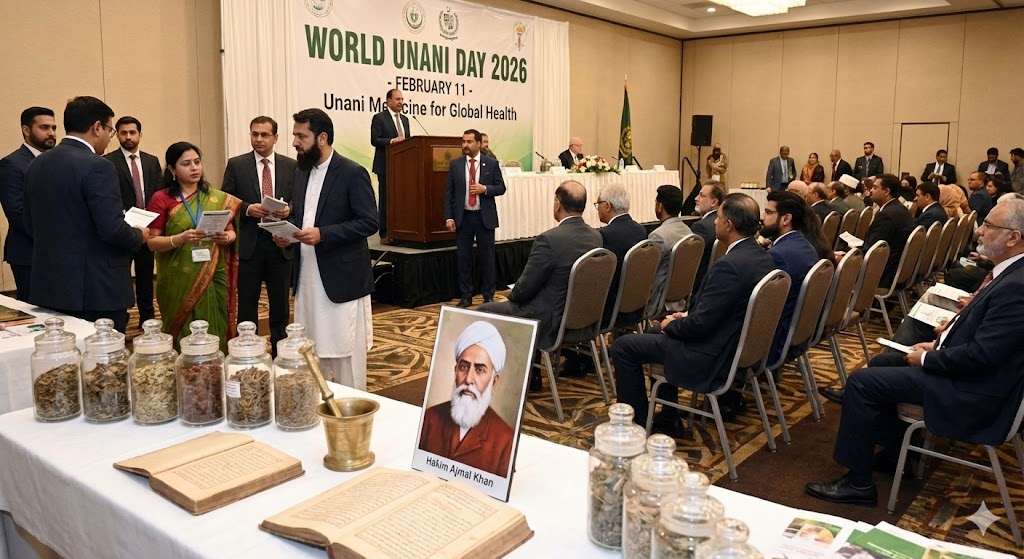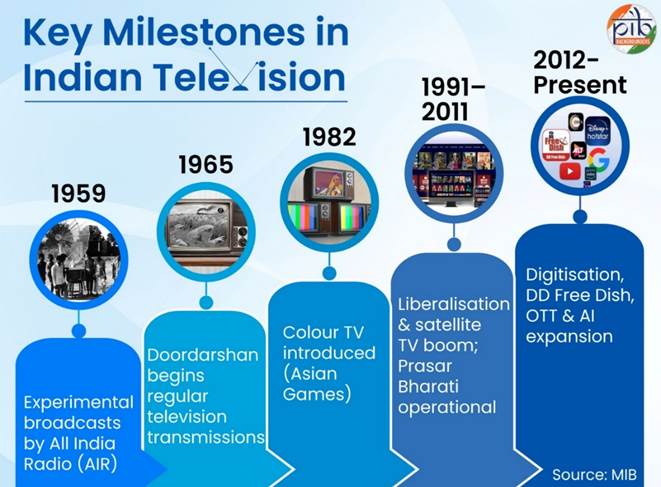The 44th meeting of the National Skills Qualifications Committee (NSQC) was held in New Delhi under the aegis of the National Council for Vocational Education and Training (NCVET). The meeting was chaired by Ms. Debashree Mukherjee, Secretary, Ministry of Skill Development & Entrepreneurship (MSDE) and Chairperson, NCVET. The session served as a crucial platform for collaboration among key stakeholders to strengthen India’s vocational education and skilling ecosystem.
Focus of the Meeting
The meeting brought together representatives from Awarding Bodies (ABs), industry leaders, central and state government departments, and academic institutions to deliberate on the alignment of skill qualifications with the National Skills Qualifications Framework (NSQF). This alignment ensures that qualifications remain relevant to evolving industry needs while promoting a quality-assured skilling structure across the country.
Evaluation of 210 Skill Qualifications
A key highlight of the 44th NSQC meeting was the presentation and evaluation of 210 skill qualifications across diverse sectors such as healthcare, agriculture, automotive, telecom, IT-ITeS, retail, logistics, environment, and hospitality. These qualifications aim to enhance the quality, relevance, and accessibility of vocational education and training (VET) in India.
By endorsing these qualifications, the NSQC is paving the way for a more standardized and industry-aligned skilling ecosystem that enables learners to acquire competencies that are nationally and internationally recognized.
Role and Significance of NSQC and NSQF
The National Skills Qualifications Committee (NSQC) serves as a critical pillar within India’s skilling ecosystem. It ensures that qualifications adhere to the National Skills Qualifications Framework (NSQF) — a structured, competency-based framework that organizes qualifications across levels of increasing complexity and specialization.
This alignment with NSQF facilitates vertical and horizontal mobility for learners, making it easier for them to transition between different education and training pathways. It also ensures that skill programs remain closely linked with industry demands, fostering better employability and productivity.
NCVET’s Regulatory Role
As the national regulator for vocational education and training, NCVET oversees the NSQF alignment and approval process through the NSQC. The committee’s membership includes representatives from central ministries, State Skill Development Missions (SSDMs), and regulatory bodies like UGC, AICTE, NSDC, and DGT, as well as major industry associations.
Every qualification presented undergoes a rigorous multi-stakeholder review process, involving subject matter experts, industry professionals, academicians, and government officials. This ensures that qualifications are of the highest quality and are aligned with both domestic workforce needs and global standards.
Strengthening India’s Skilling Ecosystem
The outcomes of the 44th NSQC meeting, particularly the evaluation and potential approval of 210 skill qualifications, are expected to significantly enhance India’s vocational training landscape. These developments will contribute to building a future-ready workforce, capable of meeting both national and global employment demands.
By emphasizing quality assurance, relevance, and adaptability, the NSQC continues to play a vital role in realizing the Government’s vision of a skilled, competitive, and sustainable workforce for the future.
Conclusion
The 44th NSQC meeting marks another milestone in India’s journey towards strengthening its skilling architecture. Through strategic collaboration between policymakers, industry experts, and educational bodies, the NCVET continues to ensure that India’s vocational qualifications remain dynamic, inclusive, and aligned with real-world workforce requirements.





